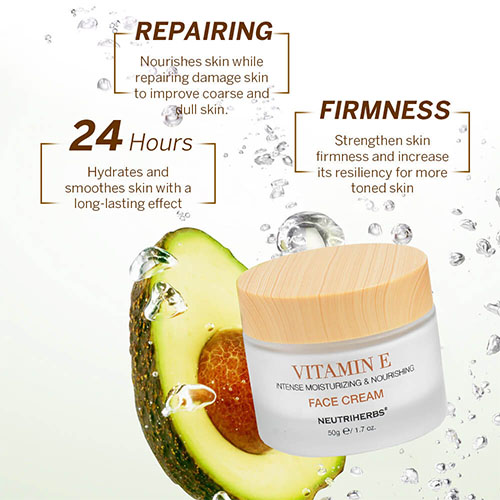Sensitive skin is one of the most common problems faced by people today. Due to specific side effects, the skin is considered prone to infection and inflammation. Sensitive skin shows adverse symptoms including:
• Symptoms like itching, burning, and stinging represent subjective symptoms
• Redness, dryness, peeling, scaling, and bumps or hives characterize visible skin changes.
Certain beauty products cause irritation and rashes on the skin, making it sensitive such as the face region, especially eyelids. Areas with thin skin, such as the armpits, groin, and genitals, are usually more prone to acne.
Causes behind the sensitive skin
Do people often have a question in mind about what causes sensitive skin? There are various sorts of reasons behind this fact we will discuss some of them below:
✔ Dry skin: When skin loses water and oil, it becomes more prone to dryness, causing itch, flakes, peel, crack, and roughness that can be treated with a moisturizer.
✔ Eczema: Also known as atopic dermatitis, it hinders the skin’s capability to protect from irritants and chemicals in the air, making it extra sensitive. It can cause swollen skin, gray to brownish patches, small bumps full of fluid, and scaly skin. You can cure this condition by applying anti-itch creams.
✔ Allergic contact dermatitis: It is a condition in which skin is allergic to a specific substance such as jewelry. It can cause redness, itchiness, bumps containing fluid, swelling, and tenderness and can be cured using oral antihistamines and ointments.
✔ Rosacea: It is a condition related to sensitive skin which causes the face to blush and flushes more eagerly than others and includes the extreme redness of the face, sunburned look, and visible blood vessels. Anyone can control this thing by using sunblock, makeup primers that color correct the redness of the face, and moisturizers.
✔ Cutaneous mastocytosis: It is a condition in which the mast cells, which are part of the immune system, accumulate in the skin, causing swelling. This condition creates slight tans or red spots on the body parts like legs, neck, and arms and can be cured through steroid creams and oral antihistamines.
✔ Water-induced pruritus: This is a rare disease associated with sensitive skin. When exposed to any water, the skin is prone to itching.
General care for sensitive skin
To care for sensitive skin in daily routine, here are some sharp skincare tips which anyone can follow to avoid any consequences:
✔ For a person having sensitive skin, it is advisable to short showers with lukewarm water.
✔ It is advisable to avoid exfoliants and scrubs, which cause the skin to red.
✔ Instead of perfumes and deodorants, use essential oils to moisturize the skin.
✔ Instead of rubbing the skin hard with a towel after a shower, gently pat the towel and apply the moisturizer straight away.
✔ Usage of fragrance-free soaps and detergents is recommended.
✔ Before using any new skincare product, always go for a patch test.



